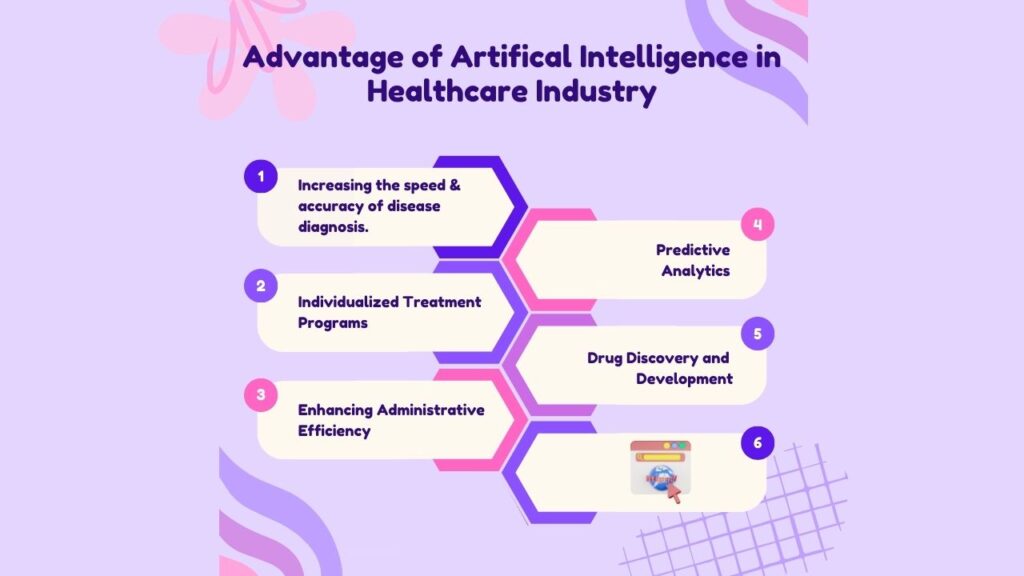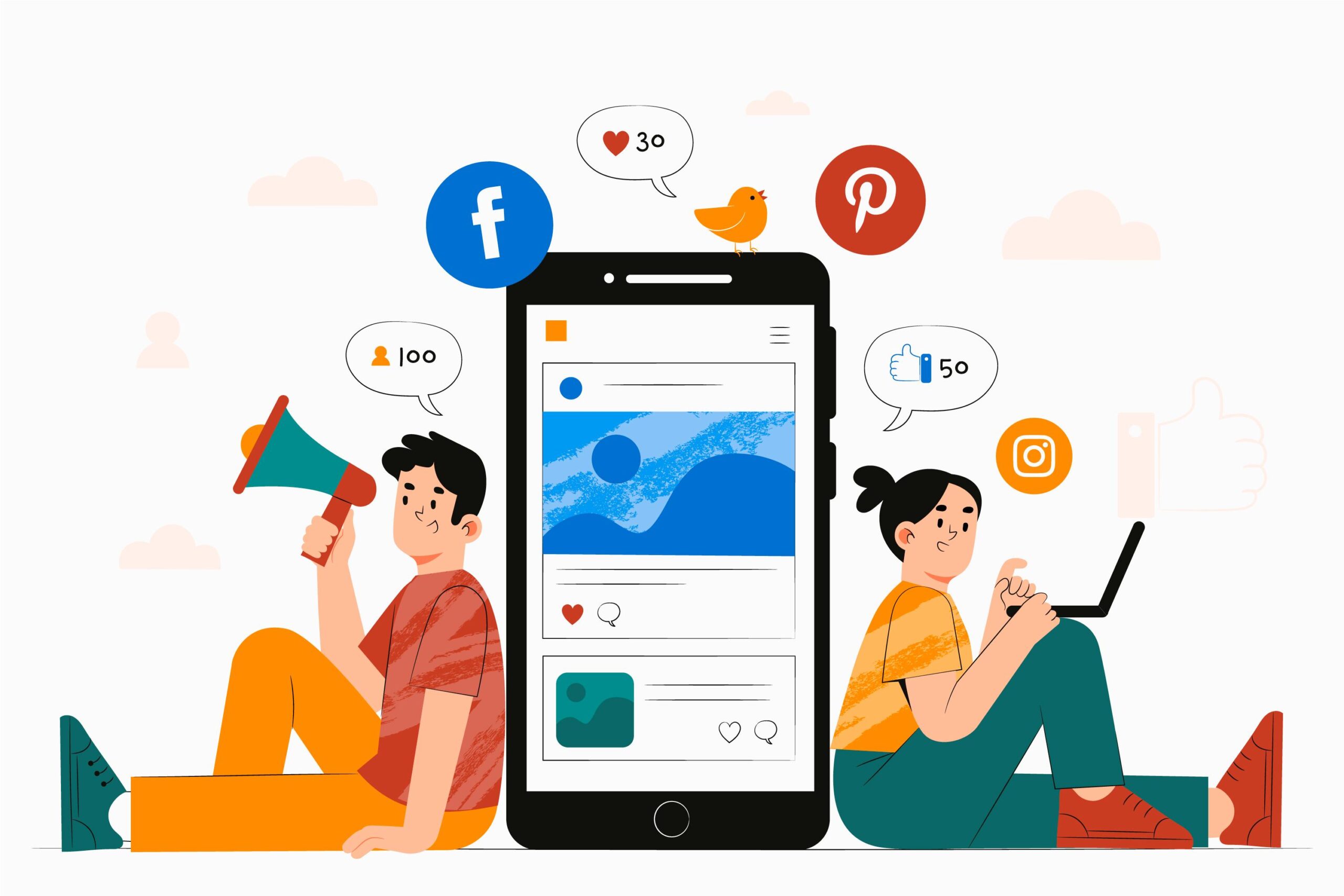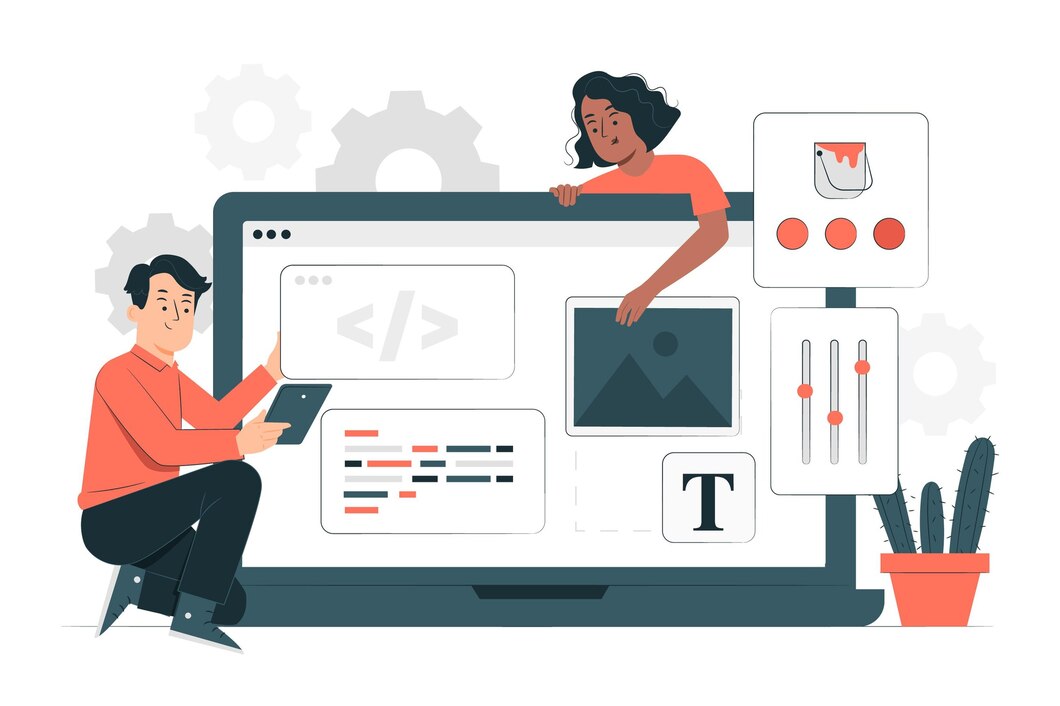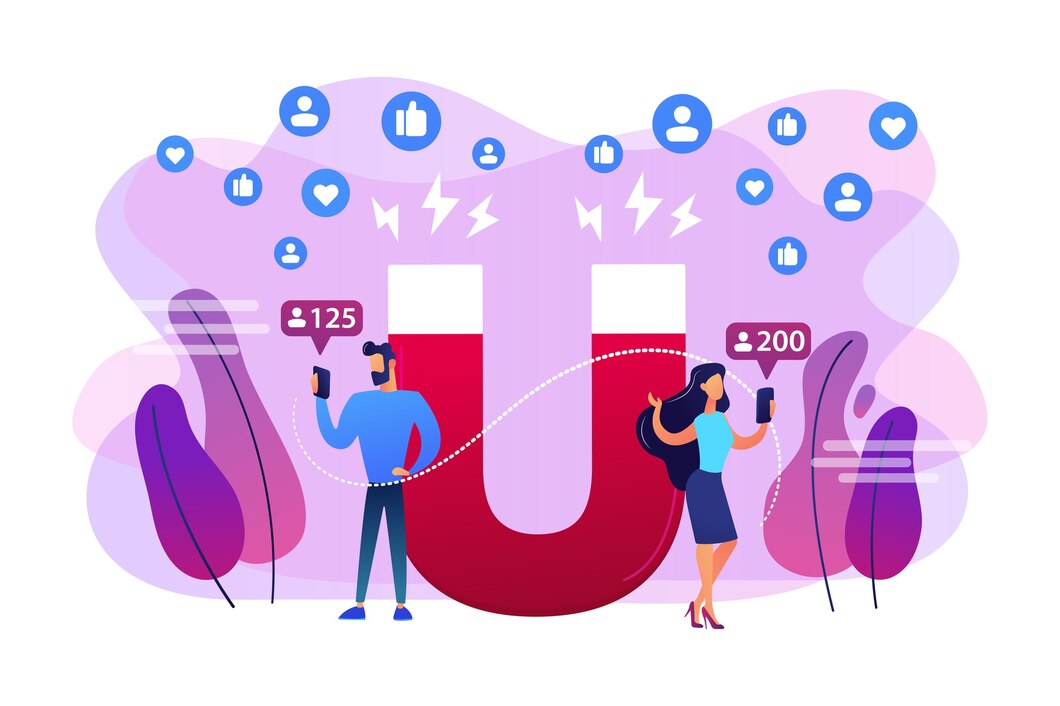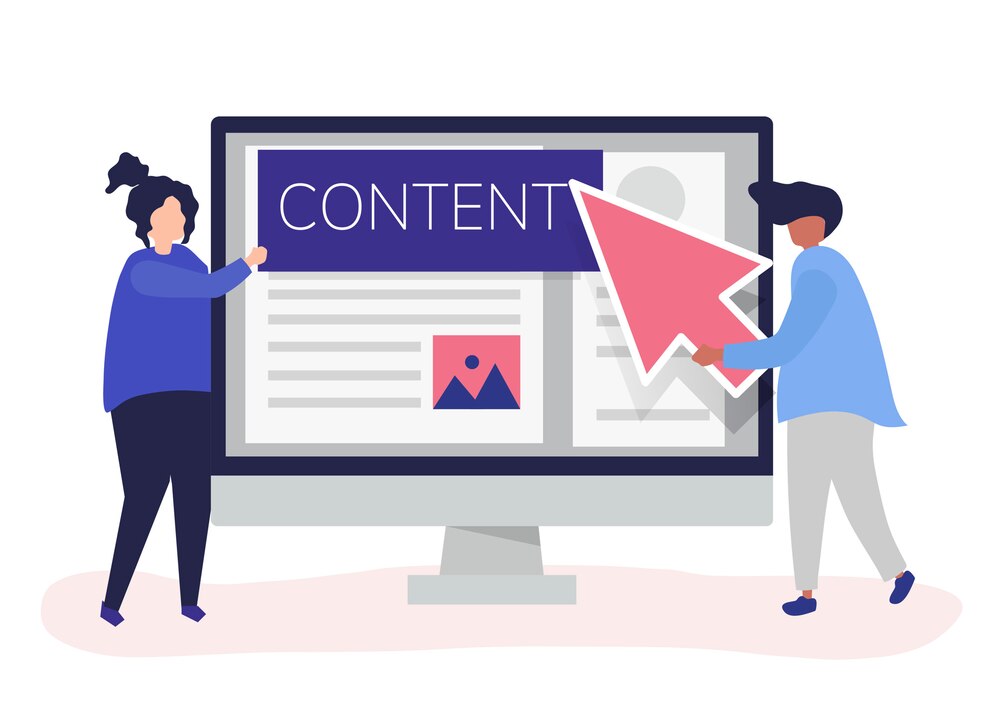Healthcare has been transformed by artificial intelligence (AI), which has altered many other sectors. The use of AI is quickly altering how we approach patient care, making it more effective, precise, and available than before. We’ll look at how AI is changing healthcare in this post and why that’s important for patient care.
The Power of Artificial Intelligence in Healthcare
1. Increasing the speed and accuracy of disease diagnosis
One of AI’s most important contributions to healthcare is its uncanny capacity for rapid and accurate illness diagnosis. Medical pictures like X-rays, MRIs, and CT scans may be analyzed by AI algorithms to look for anomalies that the human eye would miss. This results in earlier diagnosis and eventually more effective therapy.
2. Individualized Treatment Programs
AI is essential for customizing treatment regimens for every patient. AI can provide tailored therapy alternatives that are more efficient and have fewer negative effects by evaluating a large quantity of patient data, including genetic data. greater patient experiences and greater results are the results of this tailored strategy.
3. Predictive Analytics
AI can predict patient outcomes and disease progression, enabling healthcare providers to intervene early and prevent complications. By analyzing patient data, Artificial Intelligence (AI) algorithms can identify patterns and trends that may not be apparent to healthcare professionals. This proactive approach to care can save lives and reduce healthcare costs.
4. Enhancing Administrative Efficiency
In addition to clinical applications, Artificial Intelligence (AI) can streamline administrative tasks in healthcare. Chatbots and virtual assistants can handle appointment scheduling, answer common patient queries, and manage administrative workflows. This frees up healthcare staff to focus more on patient care, reducing wait times and improving overall patient satisfaction.
5. Drug Discovery and Development
Developing new drugs is a complex and time-consuming process. Artificial Intelligence is accelerating drug discovery by analyzing vast datasets to identify potential drug candidates more quickly. This not only reduces the time and cost involved in drug development but also opens up possibilities for innovative treatments.
Challenges anda Concerns
While AI offers tremendous benefits to healthcare, it also comes with challenges and concerns. These include:
1. Data Privacy: Protecting patient data is paramount. Ensuring that AI systems adhere to strict privacy regulations is essential to maintaining trust in healthcare AI.
2. Bias and Fairness: AI algorithms can inherit biases present in training data, potentially leading to unfair treatment or diagnoses. Addressing bias in AI is an ongoing challenge.
3. Regulatory Hurdles: Navigating regulatory approvals for AI-driven healthcare solutions can be complex and time-consuming.
4. Workforce Training: Healthcare professionals need to be trained in using AI tools effectively.
Also read – Designing and implementing DBMS architectures for your organization
Conclusion
Artificial intelligence (AI) is rapidly transforming healthcare, making it more effective, precise, and accessible than ever before. AI is being used to improve disease diagnosis, personalize treatment plans, predict patient outcomes, enhance administrative efficiency, and accelerate drug discovery.
AI is having a profound impact on patient care. For example, AI-powered algorithms can now diagnose diseases with greater accuracy than human doctors, especially for complex diseases such as cancer. AI can also be used to create personalized treatment plans for each patient, taking into account their unique genetic makeup and medical history. This can lead to better outcomes and fewer side effects.

